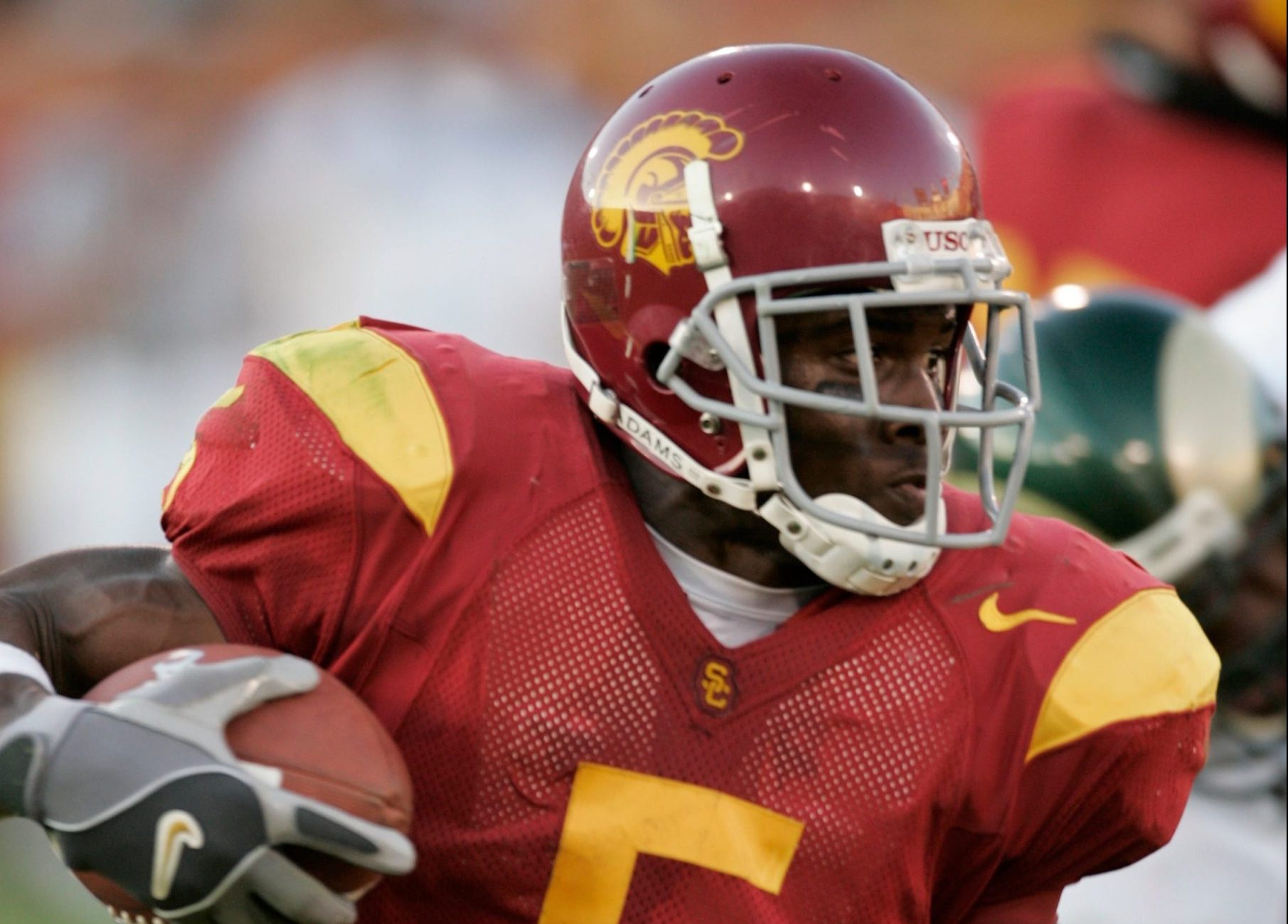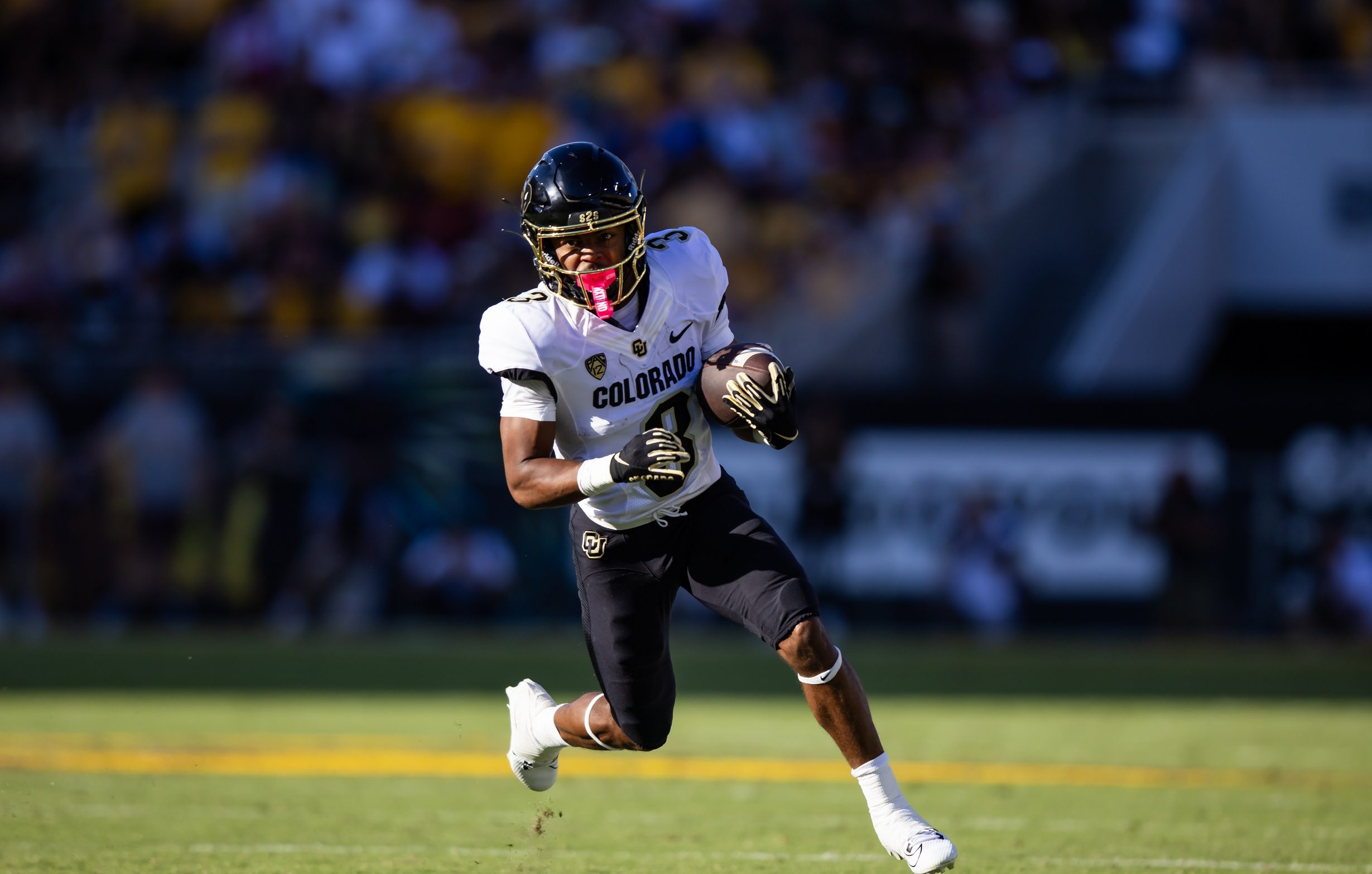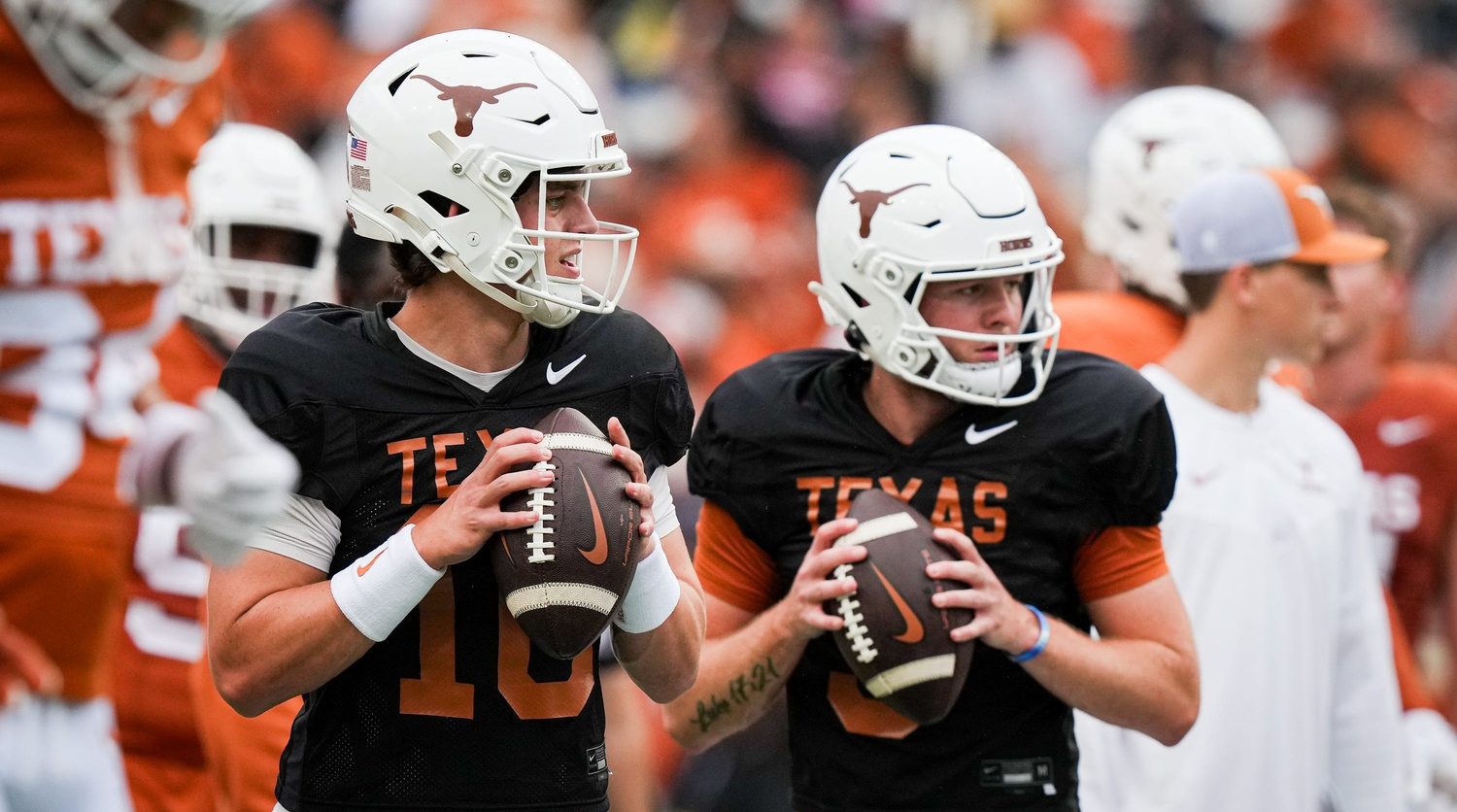Baylor University has gone through a lot over the past couple years due to how it handled the massive sexual assault scandal involving its football team. The scandal was so big, a book is being written about it.
The book, titled Violated, was written by ESPN reporters Paula Lavigne and Mark Schlabach. Violated is scheduled to be released by Center Street Books on August 22nd.
While one can assume a lot more about the scandal that wasn’t previously known will be revealed in the book when it’s released, some new developments are already emerging. One big new piece of information that has come out doesn’t have anything to do with sexual assault.
According to ESPN, Violated makes it clear that due to how coaches and school administrators handled the scandal, the school didn’t perform random drug testing for student-athletes. The purpose of the testing is to make sure student-athletes aren’t using marijuana or other recreational drugs.
This is a massive development, because — as ESPN pointed out — Baylor was one of just a few major colleges to NOT randomly drug-test student-athletes when that was the case.
Things get worse for Baylor as Violated details that lack of drug testing. It shows that the Baylor Board of Regents wasn’t aware that the athletic department wasn’t drug testing the student-athletes at first. Eventually they found out, but only after Pepper Hamilton — the law firm the school hired to look into the sexual assault scandal — discovered the lack of drug testing.
“That was my first realization that this was likely to not end up well,” Baylor regent J. Cary Gray says in Violated.
Violated also details how regent David Harper knew more about the investigation than the other regents and was worried about what the investigation may turn up.
“What was really happening was the underlying message to them is, ‘Hey, the rules don’t apply to you,'” one regent says in Violated. “You know, and they have been hearing that since the seventh grade anyway. Some rules do apply to everybody, and telling them they don’t apply is not calculated to make them productive citizens.”
Violated mentions how regents and other school administrators knew the athletic department avoided the testing due to the school’s strict marijuana use policy. The school’s rules stated that one incident involving marijuana could result in a suspension for an entire semester while a second incident may cause an expulsion.
A policy like that is extremely rough because if a quarterback tested positive before the fall semester, he wouldn’t be able to play for an entire season.
“Another regent said there was a concern that the no-testing policy drew recruits to Baylor who wanted to smoke marijuana, and contributed to the football program’s problems of ‘getting bad guys,'” according to Violated. “It also kept players who had addiction problems from getting help, with one regent referencing the 2010 arrest and subsequent suspension of Baylor football players Josh Gordon and Willie Jefferson, who were found asleep in a local Taco Bell drive-thru lane and charged with misdemeanor marijuana possession.”
While there is no NCAA rule explicitly requiring schools to drug-test student athletes, the NCAA does state that if a school has a drug policy, it must follow it. As of now, the NCAA does do its own testing at championship events and at least once a year at colleges.
In 2016, years after the sexual assault scandal began and started to come to a conclusion, Baylor instituted a stricter drug policy, which is also used at Notre Dame. The new policy states that a first positive test for marijuana results in a six-month probationary period. A second test results in a ban of 33% of competition as well as one-year probation. The third positive test results in a one-year ban and probation while the fourth and final test results in being kicked off the team.
“Candidly, it really surprised me,” new Baylor Athletic Director Mack Rhoades said to ESPN. “It was the first program that I’d been a part of that didn’t have a robust policy.”
Other major new developments in Violated that weren’t previously known include a former student being gang raped by football players twice in 2012, and former head football coach Art Briles and volleyball coach Jim Barnes discussing what happened after a volleyball player claimed she was gang raped in 2012.
The third and final big new piece of information in Violated mentioned by ESPN is sloppy. A Waco police officer didn’t secure evidence from former Baylor football player Sam Ukwuachu’s apartment because he didn’t know how to spell Ukwuachu’s name and couldn’t find his address.





